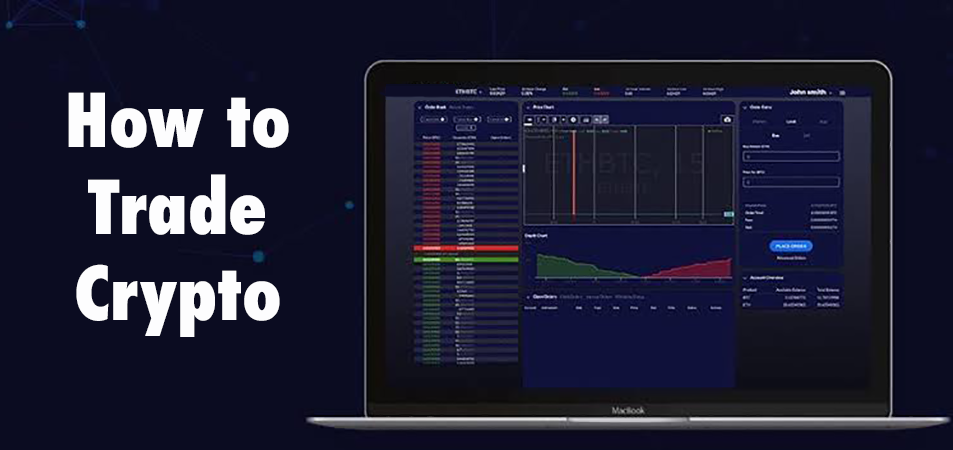Cryptocurrency trading is the act of hypothesizing on cryptocurrency cost movements via a CFD trading account, or purchasing and offering the underlying coins through an exchange. CFDs trading are derivatives, which allow you to speculate on cryptocurrency price movements without taking ownership of the underlying coins. You can go long (' buy') if you think a cryptocurrency will increase in worth, or brief (' offer') if you think it will fall.
Your profit or loss are still determined according to the full size of your position, so leverage will amplify both profits and losses. When you buy cryptocurrencies via an exchange, you buy the coins themselves. You'll need to create an exchange account, set up the amount of the property to open a position, and store the cryptocurrency tokens in your own wallet up until you're all set to offer.
Numerous exchanges likewise have limits on how much you can transfer, while accounts can be extremely expensive to keep. Cryptocurrency markets are decentralised, which suggests they are not issued or backed by a main authority such as a federal government. Instead, they encounter a network of computer systems. Nevertheless, cryptocurrencies can be purchased and offered by means of exchanges and stored in 'wallets'.
 To Trade Cryptocurrency ...blockgeeks.com
To Trade Cryptocurrency ...blockgeeks.com
When a user wishes to send cryptocurrency systems to another user, they send it to that user's digital openlearning.com/u/carl-r0ykm4/blog/Trading101Coindesk/ wallet. The deal isn't thought about final up until it has actually been validated and included to the blockchain through a process called mining. This is also how new cryptocurrency tokens are usually created. A blockchain is a shared digital register of tape-recorded data.
To select the finest exchange for your needs, it is essential to totally understand the kinds of exchanges. The first and most typical type of exchange is the centralized exchange. Popular exchanges that fall into this classification are Coinbase, Binance, Kraken, and Gemini. These exchanges are personal business that offer platforms to trade cryptocurrency.
The exchanges listed above all have active trading, high volumes, and liquidity. That said, centralized exchanges are not in line with the viewpoint of Bitcoin. They run on their own personal servers which produces a vector of attack. If the servers of the company were to be jeopardized, the entire system could be closed down for a long time.
The bigger, more popular central exchanges are by far the simplest on-ramp for brand-new users and they even offer some level of insurance must their systems fail. While this is real, when cryptocurrency is bought on these exchanges it is kept within their custodial wallets and not in your own wallet that you own the secrets to.
Ought to your computer and your Coinbase account, for instance, become jeopardized, your funds would be lost and you would not likely have the ability to claim insurance. This is why it is crucial to withdraw any large amounts and practice safe storage. Decentralized exchanges operate in the same way that Bitcoin does.
Instead, think about it as a server, except that each computer system within the server is spread out throughout the world and each computer that makes up one part of that server is managed by a person. If among these computer systems shuts off, it has no result on the network as a whole due to the fact that there are a lot of other computer systems that will continue running the network.